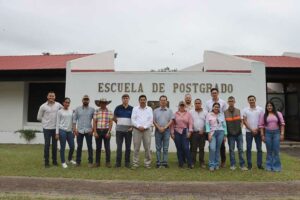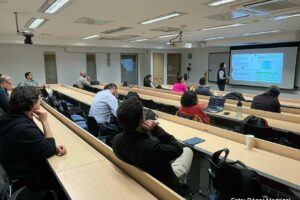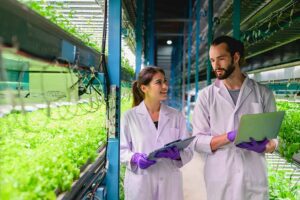The conservation of biodiversity and its ecosystem services is vital to the economy of Latin America and the Caribbean
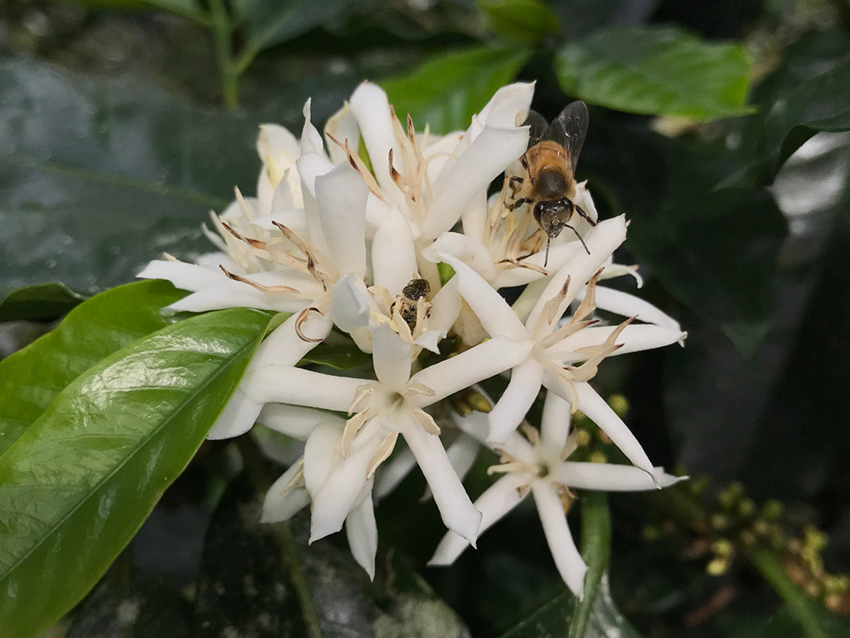
- CATIE contributed to the first regional report on Bioeconomy, led by IICA
The Tropical Agricultural Research and Higher Education Center (CATIE), through a team of researchers, participated in the preparation of the "Report on the Situation and Outlook for the Bioeconomy in Latin America and the Caribbean", coordinated by the Inter-American Institute for Cooperation on Agriculture (IICA), the first edition of which was presented on Tuesday, April 2.
The CATIE team, comprised of Róger Madrigal, Ph.D., Alejandra Martínez-Salinas, Ph.D., Arlene López-Sampson, Ph.D. and Pablo Imbach, Ph.D., prepared the chapter entitled "Ecosystem services: a pillar for the development of Latin America and the Caribbean". Ecosystem services are a broad spectrum of benefits that humans receive from the existence of biodiversity and ecosystem functions and have an impact on health, food security and other key social dimensions.
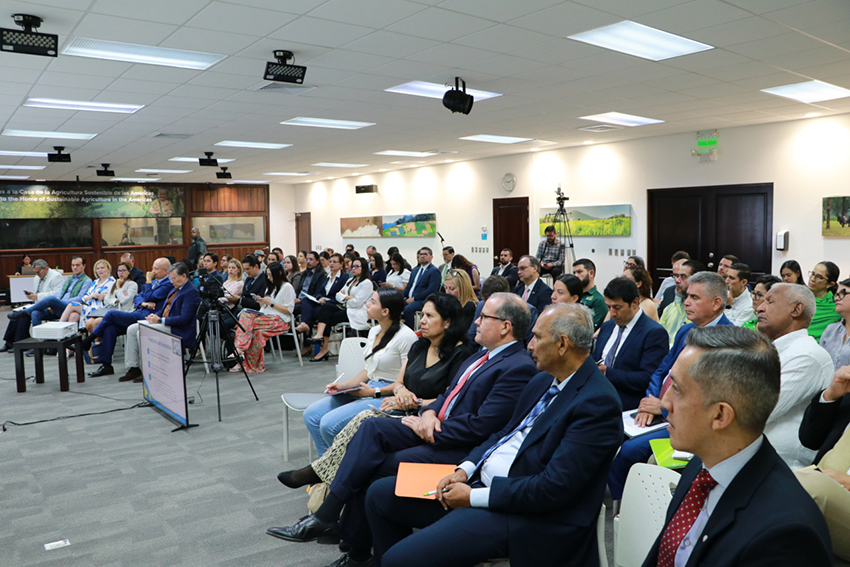
In the report, the CATIE team highlighted the importance of achieving a transition to a green and socially inclusive global economy, which requires aligning efforts so that the growth of the world's economies does not compromise natural assets. "There is a historical tension between ecosystem conservation and economic growth. However, it is possible and desirable to reconcile this dilemma within the framework of the bioeconomy as a pillar of economic development," said Róger Madrigal, coordinator of the Environmental Economics and Sustainable Agribusiness Unit (UEAAS/EfD), who led a panel discussion on "Sustainable Intensification and Ecosystem Services" during the launch of the report.
The chapter by CATIE also delves into the urgency of incorporating the recovery and conservation of ecosystem services in the formulation of public policies. "There are different strategies at the public policy level to make visible the link between biodiversity conservation and long-term production, which in a way helps the sustainability of local, national and regional economies. For example, the promotion of approaches such as Ecosystem-based Adaptation (EbA) or the development of instruments such as Nationally Appropriate Mitigation Actions (NAMAs), and the contribution of biodiversity to economies is made visible through concepts such as the green economy or the bioeconomy," commented Alejandra Martínez-Salinas, coordinator of the Forests and Biodiversity Unit in Productive Landscapes.
The purpose of this first report is to provide evidence of the status and outlook for the bioeconomy in the region and serve as an input for decision-making in the formulation of policies, academia, support organizations and civil society in general. Manuel Otero, Director General of IICA, highlighted that "the bioeconomy is a fresh and renewed approach that proposes the intensification of our biological resources. The industrialization of biological resources will enable us to position ourselves in a very different way at the global level.
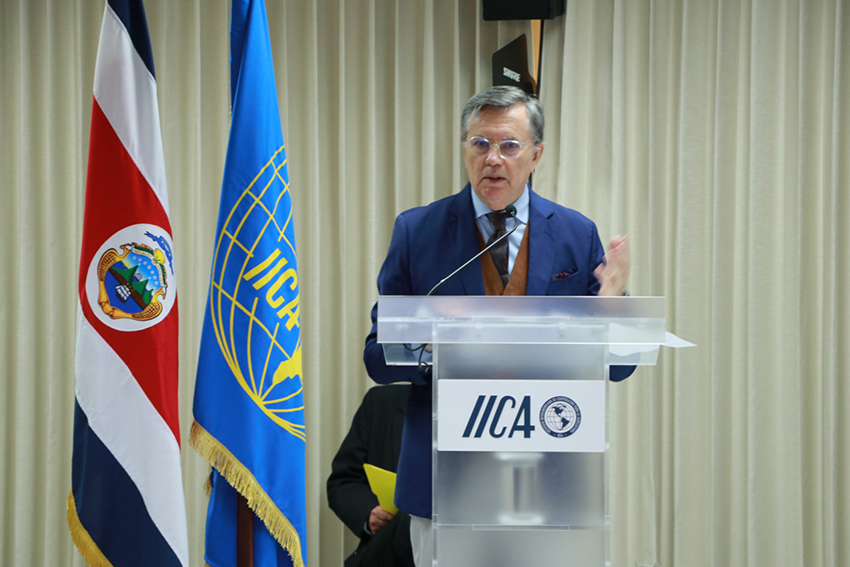
The document was co-authored by more than 15 international and regional institutions that promote the bioeconomy in the region, including the IDB, BIOFIN, CATIE, AgMIP, ACTO, CIAT, CGIAR, CIP, CIMMYT, SURICATA, Fontagro, OSU, TBB, Allbiotech and Deep Science Ventures. Starting in 2024, this report will be published every two years, in order to permanently monitor the evolution of the bioeconomy in the region.
Participation in this report is part of the strategic ties that unite CATIE and IICA to promote rural development in Latin America and the Caribbean through close collaboration in various areas of research, education and regional cooperation.
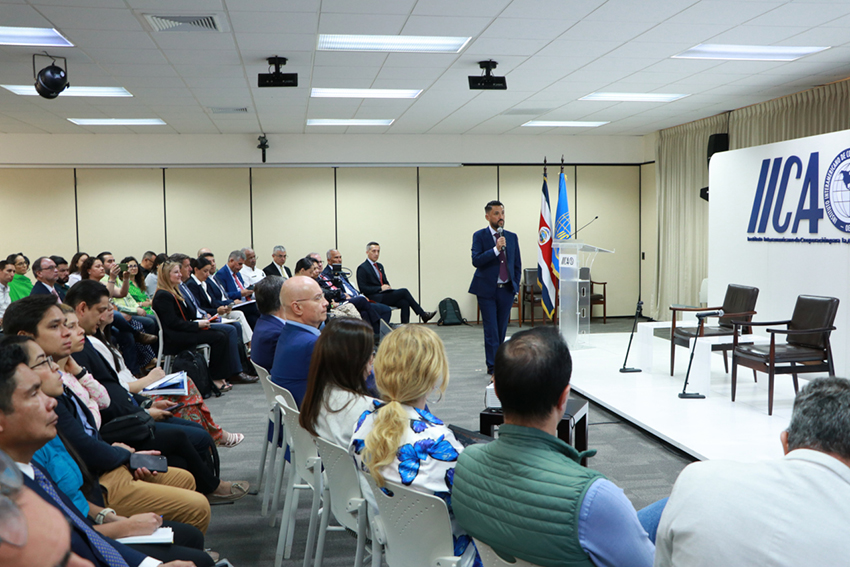
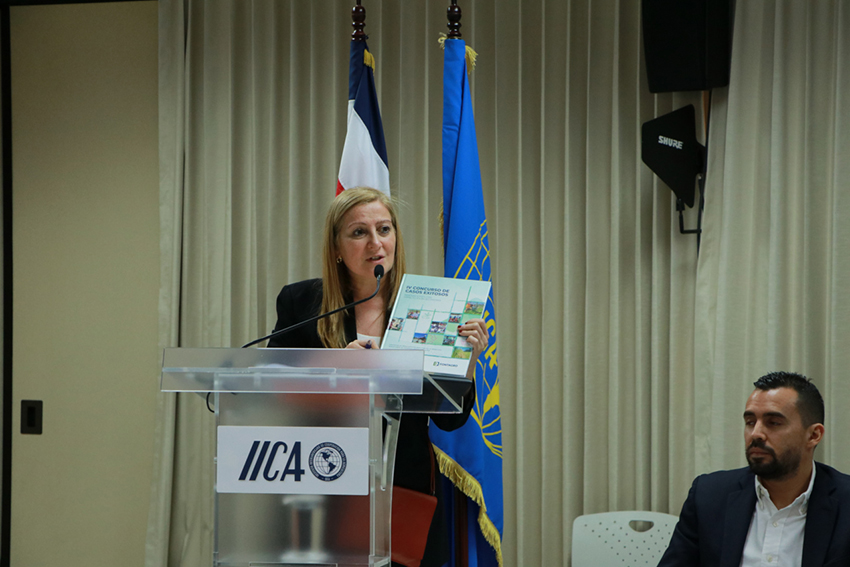
More information:
Dr. Róger Madrigal
Coordinator
Environmental Economics and Sustainable Agribusiness Unit
rmadriga@catie.ac.cr
Written by:
Alejandro Portilla Navarro
Communicator
Communications and Marketing Office
alejandro.portilla@catie.ac.cr

